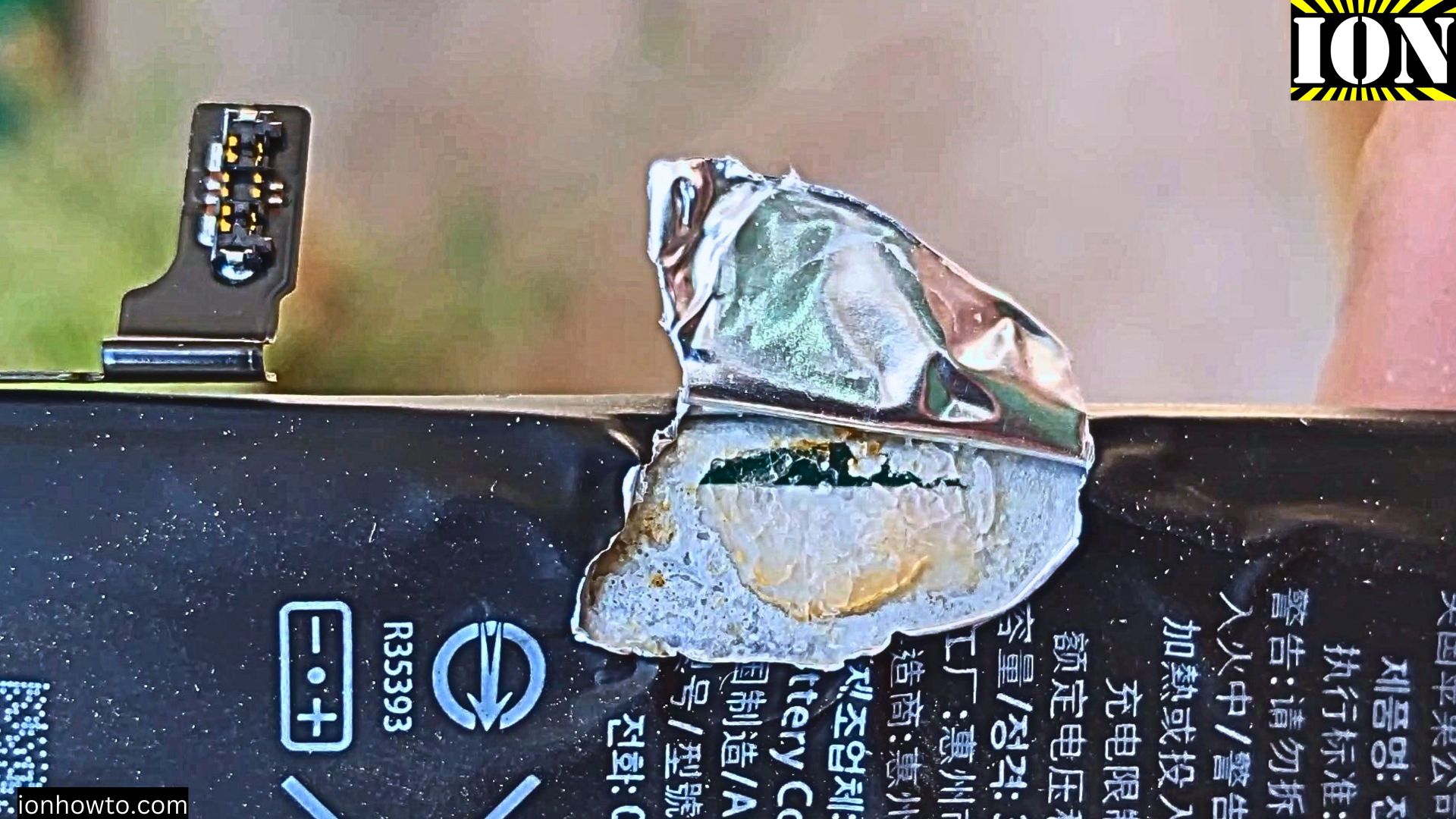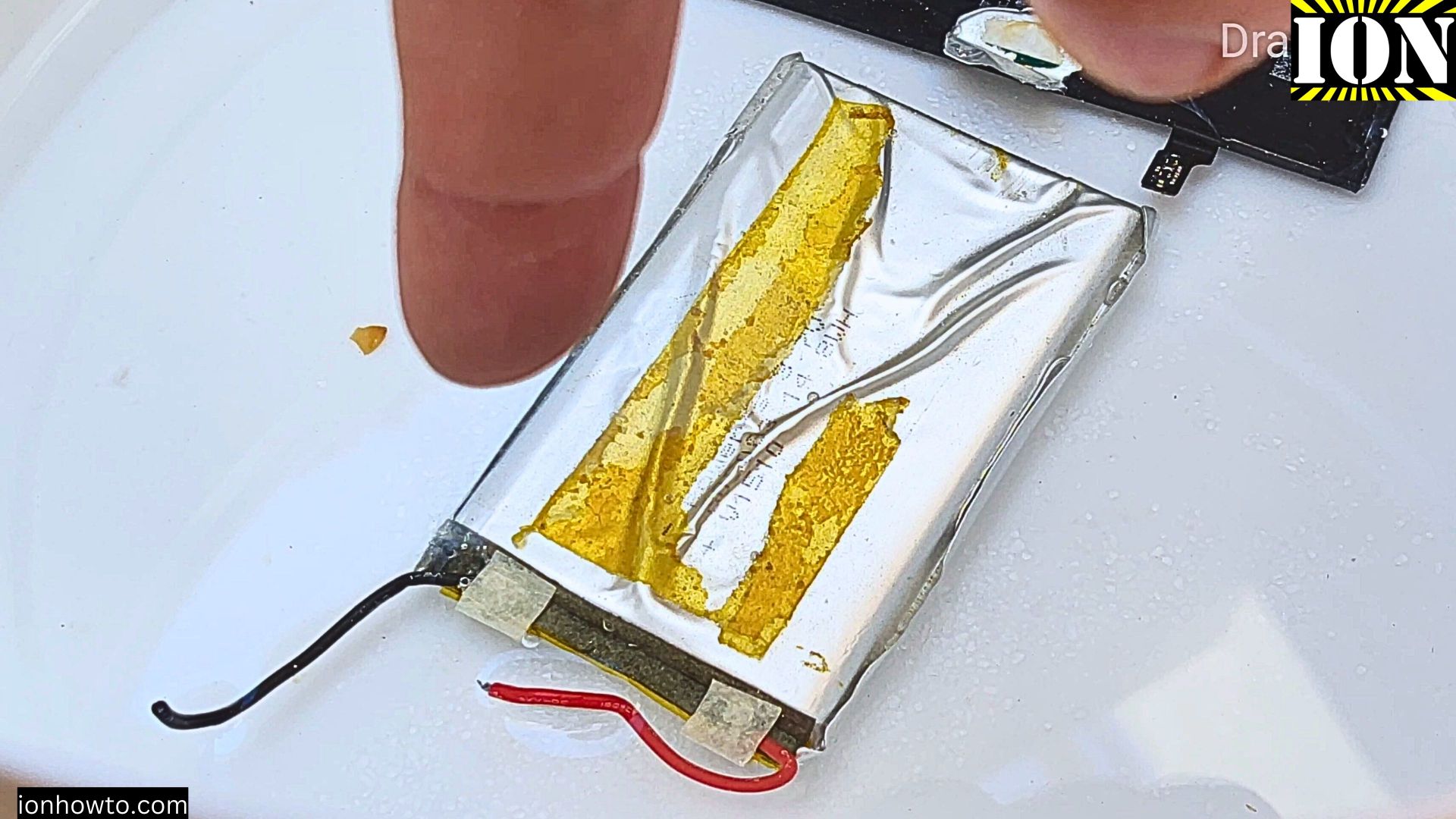Safe Disposal Guide for Lithium Batteries
Lithium batteries need special handling for disposal. This is how to dispose of them safely and legally.
Why Proper Disposal Matters
- Lithium batteries can catch fire if damaged
- They contain harmful chemicals
- Regular trash disposal is illegal in most areas
- Recycling helps recover valuable materials
- Environmental protection is crucial
Types of Lithium Batteries
Lithium-Ion (Li-ion)
- Found in phones
- Laptop batteries
- Power tools
- Electric vehicles
- Rechargeable household devices
Lithium Polymer (Li-po/LiPo)
- RC vehicles
- Drones
- Some phones
- Tablet computers
- Slim electronics
Safety First: Before Disposal
Check Battery Condition
- Look for swelling or damage
- Check for leakage
- Smell for unusual odors
- Note any heat
- Watch for deformation
Storage
- Discharge battery to 20% per cell or storage voltage
- Cover terminals with tape
- Keep in a cool, dry place
- Store away from other batteries
- Never puncture or damage
Drain Battery with a Resistive Load
To deplete the battery, you can use an old 12V light bulb and attach it to the battery terminals.
This drains the battery completely. You can use a large resistor to slowly drain the battery.
Water and Salt
After this, you can do the extra step and cut the battery terminals then immerse the battery terminal in water mixed with 2-3 spoons of salt.
The water and salt mixture will drain any leftover energy from the battery.
Keep it like this 2-3 days.
Some people don’t like to do this so you don’t really have to do this if you don’t want to.
Short Battery Terminals
After the Resistor load and salt water, you can do the extra step to tie the positive and negative terminals to prevent any energy build-up in the battery.
Where to Dispose
Best Options
- Electronics stores
- Hardware stores
- Battery shops
- Municipal recycling centers
- Electronics recycling events
Places That Usually Accept Batteries
- Home Improvement Shops
- Supermarkets
- Local recycling centers
What Not To Do
Never
- Throw in regular trash
- Put in recycling bin
- Burn batteries
- Break them open
- Mix with other waste
When Damaged

If Battery Is Damaged
- Place in sand or outside on concrete
- Keep outdoors if smoking
- Don’t use water
If Battery Is Swelling
- Stop using immediately
- Move to safe outdoor area
- Don’t puncture
- Keep away from flammables
- Dispose of immediately
Storage Before Disposal
Temporary Storage Tips
- Use plastic container
- Keep in cool place
- Away from sunlight
- Separate from other batteries
- Away from metal objects
For Businesses
Commercial Disposal
- Contact certified recyclers
- Get disposal certificates
- Follow local regulations
- Keep disposal records
- Use approved containers
Free Disposal Programs
Check With
- Local government
- Electronics stores
- Battery manufacturers
- Cell phone carriers
- Office supply stores
Environmental Impact
Why Recycling Matters
- Recovers valuable metals
- Prevents soil contamination
- Protects water sources
- Reduces mining needs
- Saves energy
Legal Requirements
- Most states require recycling
- Illegal to landfill
- Commercial rules differ
- Transport regulations exist
- Documentation needed for bulk
Finding Local Resources
How to Locate Disposal Sites
- Call local government
- Ask electronics stores
- Contact battery manufacturers
- Search recycling databases
Tips
- Keep batteries organized
- Label them if possible
- Don’t mix different types
- Transport safely
- Document disposal for businesses
Remember, proper battery disposal isn’t just good practice – it’s essential for safety and environmental protection. Take the extra time to dispose of your lithium batteries correctly.
*Li-ion: Lithium-ion
*Li-po: Lithium Polymer
*RC: Remote Controlled










Leave a Reply